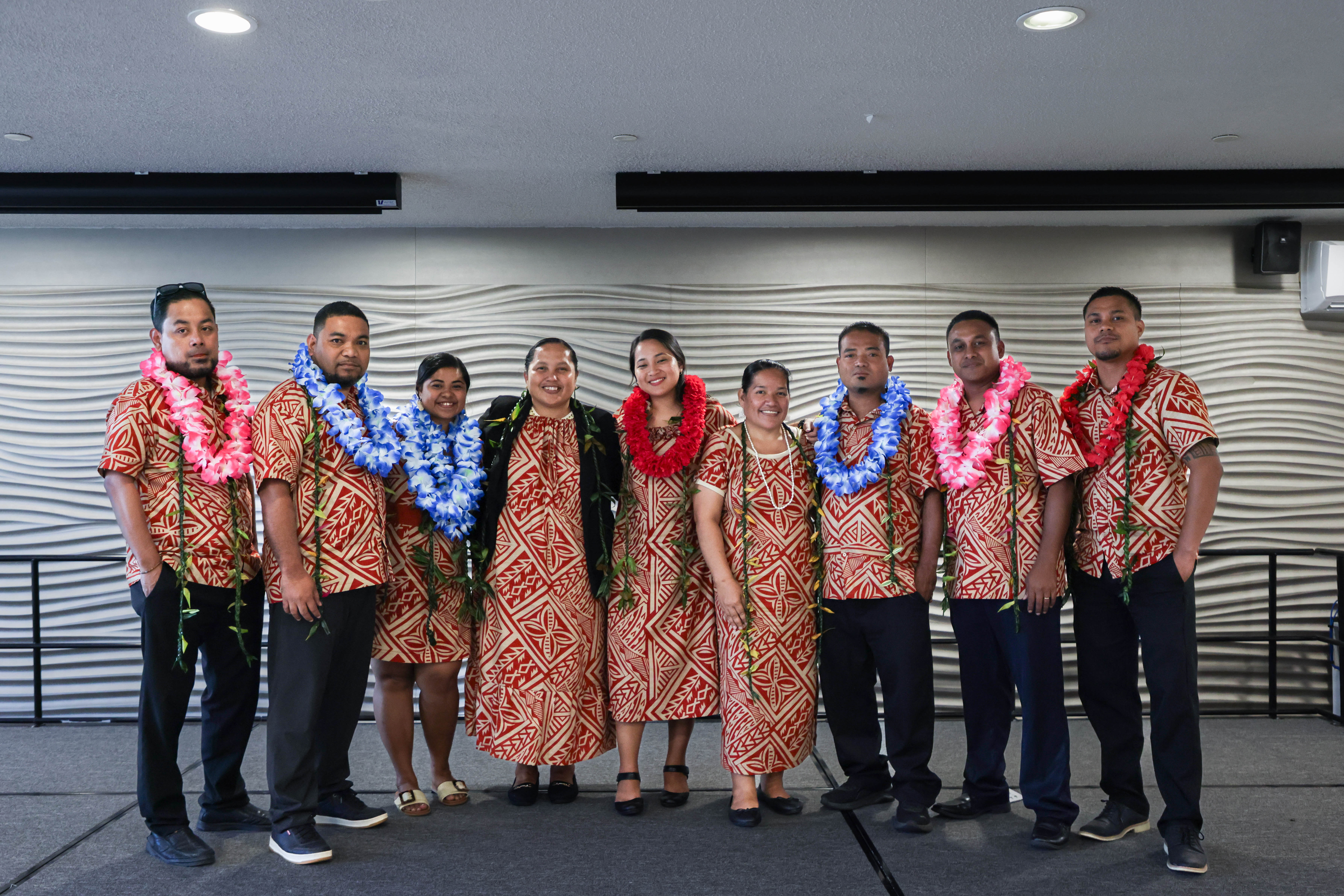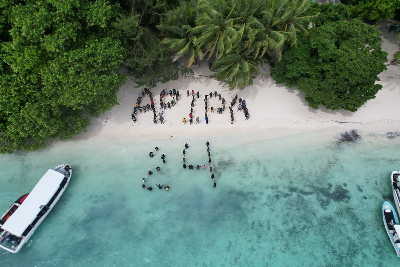 Position Description for EconMAP Statistician
Position Description for EconMAP Statistician
For additional information or to apply for the position of EconMAP statisitician, please contact us at [email protected].
The EconMAP Program and Functions
The Economic Monitoring and Analysis Program (EconMAP) provides professional expertise to assist in maintaining and developing existing economic statistical series and economic analysis in the Freely Associated States (FAS): the Federated States of Micronesia (FSM), the Republic of the Marshall Islands (RMI), and the Republic of Palau. The core statistics program is the annual production of economic statistics to enable macro-economic monitoring and surveillance of the FAS. This dataset forms the basis of annual Economic Reviews published by the team, and supports economic analysis conducted by the International Monetary Fund (IMF), the Asian Development Bank (ADB), and the World Bank. Recently the scope and coverage of the program has expanded to cover issues such as the economic impact of COVID-19, immigration flows, minimum wage policies, and the impact of tax reform.
The EconMAP Team
The EconMAP team is managed by a GSUSA program Director in Honolulu and a team leader resident in Palau. The team statistician will be resident in Palau but will travel to work with the statistics offices of each FAS. The remaining EconMAP team is represented by two part-time economists -- resident in Honolulu and Washington DC.
Core Statistics Functions of the Program
The EconMAP team assists the FAS in preparing core economic statistics:
• National Accounts: Gross Domestic Product (GDP) by industry; GDP by expenditure; and GNI, GNDI, and GDP per capita, in current and constant prices;• Employment and wages by industry and by institution;
• Government employment and wage costs;
• Industry sector statistics: tourism, fisheries, and agriculture;
• Consumer Price Index (CPI);
• Government Finance Statistics (GFS);
• Balance of Payments (BOP), external debt; and International Investment Position (IIP);
• Money and banking statistics; and
• Migration and demographic data.
Sources and Methods
The program draws from administrative data sets maintained by the FAS governments, including Social Security employment and wage data, tax data based on Business Gross Tax Receipts and wage taxes, trade data on imports and exports, immigration data, annual single audits (for government and public entities), and financial statements from leading firms and public enterprises. This information base is supplemented with data from key industries, such as fisheries and tourism.
The compilation of the economic data series is conducted in MS Access and Excel. A comprehensive knowledge of both tools is essential. In addition, the economic series utilizes the NADABAS national accounts product, an Excel add-on, that links spreadsheets and classifications through a common database. (https://sites.google.com/nadabas.net/nadabas).
Partners
EconMAP team maintains a close working relationship with FAS statistics offices. Counterparts range from experienced senior officials to new staff needing guidance and assistance. The division of work is split between the FAS and EconMAP, depending on the capabilities of each statistics office. In Palau, the statistics office prepares most of the estimates, with EconMAP providing oversight, quality control, and advice on classification and treatment of issues consistent with the System of National Accounts. In the RMI and FSM, the local office provides key administrative datasets with EconMAP compiling the source data into statistical series. EconMAP supports greater FAS office ownership and responsibility, providing both capacity-building and support.
A key partner and funding source is the US Department of the Interior, Office of Insular Affairs (OIA). Core functions of the statistical program are funded through an OIA contract to publish annual economic statistics. The statistics are used in bilateral FAS and US meetings, often in Honolulu.
EconMAP has a close relationship with the donor community: the IMF, the Pacific Financial Technical Assistance Centre in Suva, the ADB, and the World Bank. The EconMAP statistical series and reports are critical information for these agencies to fulfill their respective mandates and programs. EconMAP times its data production to coincide with annual IMF Article IV consultations and staff visits. The program has also developed a close relationship with the ADB in support of its programs during the COVID-19 period, and has been awarded several ADB contracts, including a regional TA on filling data gaps relating to migration, remittances, foreign investment, and small businesses.
Key Qualifications for the Job
This role requires knowledge and experience in compiling economic and other statistics. Experience in a developing country context and an ability to relate and work with local staff in overseas countries is critical. While there is a need for leadership and theoretical knowledge, the work is hands-on, with much of the compilation work done by the statistician. High-quality statistics are sought, but deadlines are critical and practical solutions are often required to address data gaps. Presentations are made in each country and at regional meetings, so an ability to communicate and prepare descriptive analyses for reports is important.

 1.808.523.1650
1.808.523.1650






 Oct 10, 2025
Oct 10, 2025
 Monique
Monique
 August 2025
August 2025 Photo Gallery
Photo Gallery










 COMPLETE GALLERY
COMPLETE GALLERY
 HOME
HOME NEWSROOM
NEWSROOM INITIATIVES
INITIATIVES CONFERENCES
CONFERENCES TRAINING
TRAINING ABOUT PITI-VITI
ABOUT PITI-VITI CONTACT
CONTACT ACCESSIBILITY
ACCESSIBILITY 1.808.523.1650
1.808.523.1650

 900 Fort Street Mall, Suite 1540 Honolulu, Hawaii 96813
900 Fort Street Mall, Suite 1540 Honolulu, Hawaii 96813


